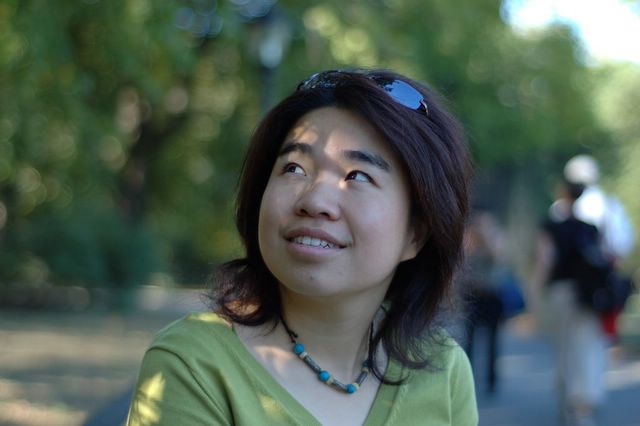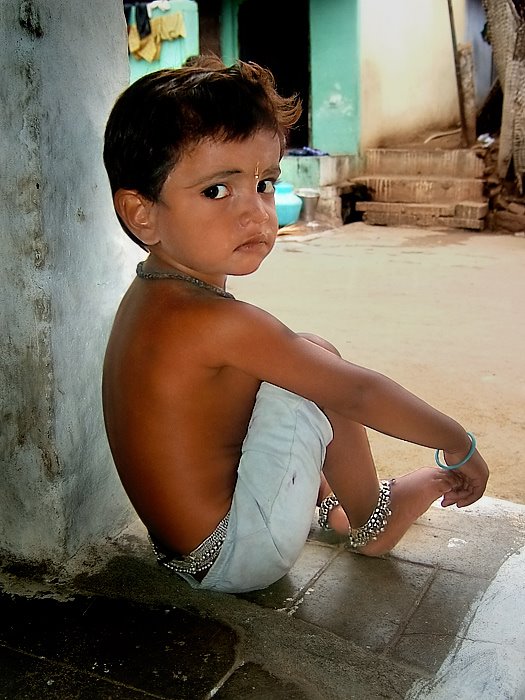2006年12月8日星期五
going and coming
Try to calculate how many people will stay and away for Christmas and New Year.
Qin: go to meet her ever-lasting lover Prague in late Dec;
Xia: will come and see goodbye in late Dec;
Xu, mingwei and xiehe couple: will come in Dec 23 and spend a week here;
Liuchang: will go to Hawaii;
Chen: will go to London for her study trip and then go back to China;
Ximena: will go to Paris and Amsterdam (the real one, not Amsterdam Ave) ;
poor me: stay at home
Question: how to spend a new year without regret?
Daily reflection
 Each person has his or her own daily ritual. For someone, it is writing blog; for others, it is chatting non-stop with strangers online. I find myself develop some new rituals as well. For instance, on Wed every other week, you can definitely find me around
Each person has his or her own daily ritual. For someone, it is writing blog; for others, it is chatting non-stop with strangers online. I find myself develop some new rituals as well. For instance, on Wed every other week, you can definitely find me around 2006年12月5日星期二
假冒文学青年的时代

前几天在哥大东亚系的研讨班上见到了传说中的北大学姐+天才诗人田晓非。天才就是天才,1989年北大毕业,1998年在哈佛拿到了博士学位,短短几年之间,已经是名声在外的哈佛副教授。看了她的履历,想不佩服也难。有趣的是,她舍弃了自己大部分的文学创作和对于比较文学的追求,成了中古中国文学史的专家,尤其是古代诗词的研究者。细看她的作品,英文的作品多数是古典研究的学术著作,但是她的中文作品仍然关心文艺批评,其中对于《金瓶梅》的偏爱和著述颇丰。尤其难得的是,她的简历中提到她多次在哈佛大学被提名为学生最喜爱的老师,这一点是非常难得的。美国学生,尤其是本科生,对于外国研究生和教师的授课都很挑剔,甚至常常带有偏见。对于外国女性老师,更是如此。看来学姐的确有超人之处。朋友说她一直在《南方周末》上撰文,不知怎的我却一直没有读过。对她的印象,还是假冒文学青年那个时代留下来的。 一个写诗的文学少女,在我心中她和阎妮差不多。长大了的田晓非变成了学者,长大了的阎妮变成了小说家山飒(shan sa)。照片上是阎妮。
提起那个时代,今天翻箱倒柜找我的大学文凭,居然翻到了过去的旧作。酸得不行,权且算是对于昔日的一点记忆。 “我在纸上划拉,想到了休学,想到了小韧,仿佛她的一辈子都处在休学当中。没有终点,也没有起点,游离在别人所遵循的规则之外。其实想记下来的,并非是她的故事,我所贪恋的是这个被偷走的夏天、白色的紧张的空气、总是晚点的列车,还有许多搁置在半途中的眼泪。甚至不想去打电话,站在公共电话旁边。多么容易介入一个人的生活。只要拨几个号码,不管对方愿不愿意,就可以从空气的虚无中把自己扔进去。用没有口臭的声音,说些见面时决不会说的话,这个念头听起来很卑鄙吧!那么大家的一走了之又算是什么呢?在机场一个漂亮的转身,就像是无数童话中的那样不负责任。白雪公主一步登天,却放任小矮人们在黑暗中哭泣。就这样,我们的生活被时间和空间隔开了许多口子,没有来得及抓住的青春就这样丢了。哭也罢,笑也罢,用指甲在晒黑的皮肤上使劲划出白色的道子也罢,最后陪伴你的,最后陪伴你的往往都是陌生人。我们的声音被空调的噪音淹没了,我们的双眼被电视纷繁的画面刺痛了。没有意义的行走、饮食、还有思念。在行走的动物中间,人是最笨的,因为在学会直立行走之后,它只记得行走。它忘记了在四肢着地的时代,它曾经看到过大地幻化众生的美丽—在原始的旷野中,它曾经见证盛开的水仙花上的最后一颗露珠。”
订阅:
评论 (Atom)

